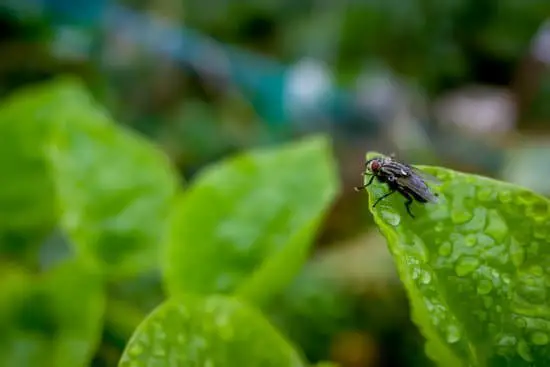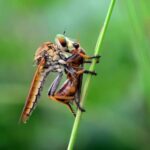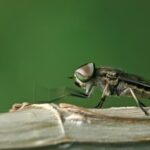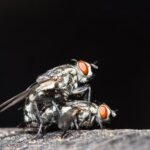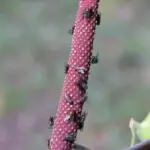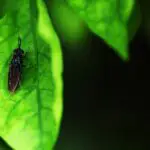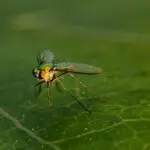How Flies Eat Food
Flies can be a real threat when they land on your food. The bacteria and viruses they carry are contagious and can make you sick. All it takes is a few seconds for the fly to transfer these germs to your food. This can lead to food poisoning and diarrhea. To avoid this, keep your kitchen clean.
Most flies do not have teeth, so they cannot chew solid foods. This means that they regurgitate their digestive juices onto the surface of the food. They also use their mouthparts, called proboscis, to drink their meal. They also use their feet to taste food.
If you do accidentally let a fly land on your food, it may spit and vomit, and may even lay eggs. The longer it stays on your food, the greater the chance that it contains harmful bacteria or viruses. It is best to throw out contaminated food. Luckily, the risk of catching a disease from a fly is low, as our immune systems are strong enough to ward off most bugs. Besides, flies are generally less dangerous in urban areas due to the chemicals used to control their numbers.
While house flies do not have teeth, they have taste buds on their lower legs and feet. Once they land on a tasty meal, they will wander around, trying to find something more tasty. Interestingly, they are not picky about where they defecate. They are omnivorous, and they will often defecate wherever they land.
